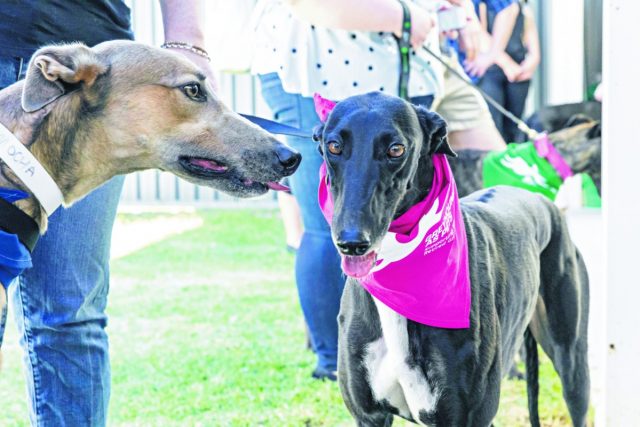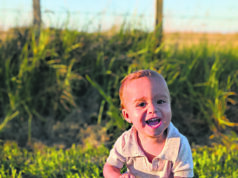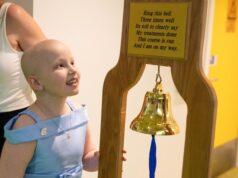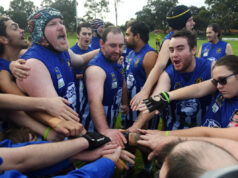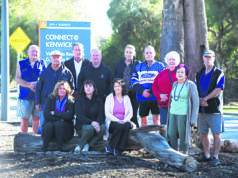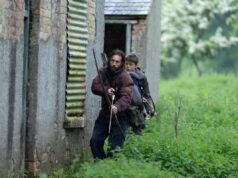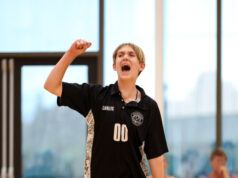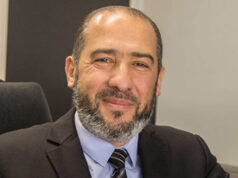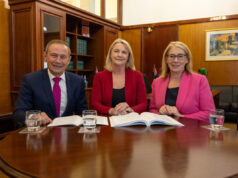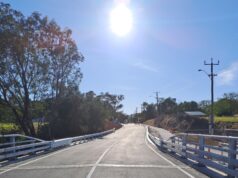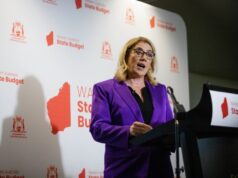Alarming incidents continue to be in the spotlight after six greyhounds were seriously injured at Greyhounds WA Cannington races earlier this year.
Coallition for the Protection of Greyhounds (CPG) divisional manager Andrea Pollard spoke to The Examiner and said these incidents were alarming and are sadly expected to rise.
Ms Pollard said that in the greyhound racing industry “retired” can mean re-homed as a pet but it usually means dead.
However, a state government spokesperson said Ms Pollard’s statement was incorrect.
“When a greyhound is deceased in Western Australia, Racing and Wagering WA (RWWA) will record the greyhound as “deceased” in OzChase, which is the system that Racing and Wagering Western Australia uses,” he said.
“RWWA has embarked on unprecedented investment in greyhound and racehorse welfare over the last 12 months, building on their previous research and strategies to support welfare of these animals.
“These changes have ensured WA’s greyhound and racehorse welfare protections are among the strongest in the country.”
The spokesperson also confirmed that five of the six greyhounds had undergone veterinary treatment and are now recovering, however one of them was euthanised out of compassion.
“Of all starters in WA, only 0.12 per cent are euthanised due to suffering catastrophic injury,” he said.
“Whilst only a very small proportion of greyhound starters, some 0.5 per cent suffer major injuries.”
The spokesperson said that some of the state government initiatives for greyhound protection include ensuring greyhounds are tracked through their full life cycle by means such as compulsory micro-chipping.
Other measures include installing hoop lures at Cannington and Mandurah tracks to decrease racing injuries, stricter breeding controls and greyhound numbers.
Part of the program includes ensuring that healthy and behaviourally-sound greyhounds must be re-homed, along with ongoing control/surveillance of trial tracks and venues.
The RWWA also has two injury schemes in place, one that provides financial support to owners and trainers to assist with veterinary costs and another one where the owner and trainer are able to sign ownership of the greyhound over to RWWA’s Greyhounds as Pets program, where all costs are borne by RWWA.


